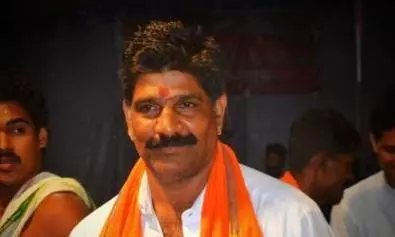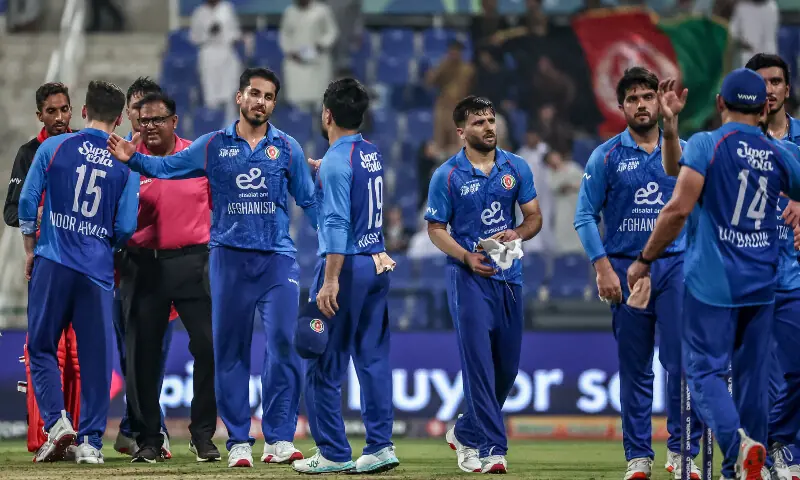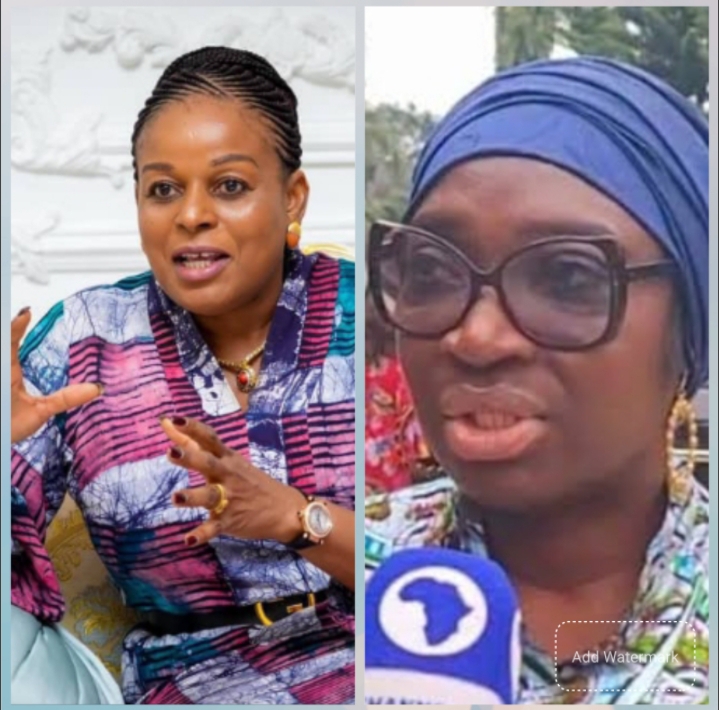By Gururaj A Paniyadi
Copyright deccanchronicle

Mangaluru: Social activist and Rashtriya Hindu Jagravedike founder Mahesh Shetty Thimarody has petitioned the National Human Rights Commission (NHRC), alleging police excesses, political targeting, and what he termed “a gross violation of fundamental rights.” In a memorandum submitted on September 13, Thimarody claimed that FIRs were filed against him and his supporters after he publicly criticised BJP national general secretary B.L. Santosh and spoke on issues related to Dharmasthala. He said an FIR (Crime No. 177/2025) was registered at Brahmavar police station on August 16, accusing him of defamation. “My questions were grounded in facts and constitutional concerns. Yet, instead of public discourse, the state machinery was weaponised against me,” he stated. He alleged that after the FIR, police repeatedly served notices at his home and resorted to intimidation. “On August 21, seven jeeps and two vans with senior officers and television crews surrounded the house. This was not law enforcement. It was public humiliation as punishment for dissent,” he said. Thimarody further claimed that fabricated FIRs were registered in Belthangady, Karkala, and other places against him, his family, and villagers, including one case filed while he was in judicial custody. He also alleged that his supporters, mostly daily wage workers, were facing financial and legal harassment through repeated summons and cases. The activist, who has long campaigned for justice in the 2012 rape and murder of a PU student, alleged attempts to extern him from Dakshina Kannada by linking him to communal unrest “despite no such history.” Thimarody urged the NHRC to order a high-level inquiry into the FIRs, declare them fabricated and politically motivated, and recommend their withdrawal. He also sought disciplinary and criminal action against senior police officials, protection for his family and supporters, and reforms to prevent misuse of criminal law against activists. “This is not just my fight,” he wrote. “If the state machinery can treat an activist like me this way, what happens to the voiceless poor?”



